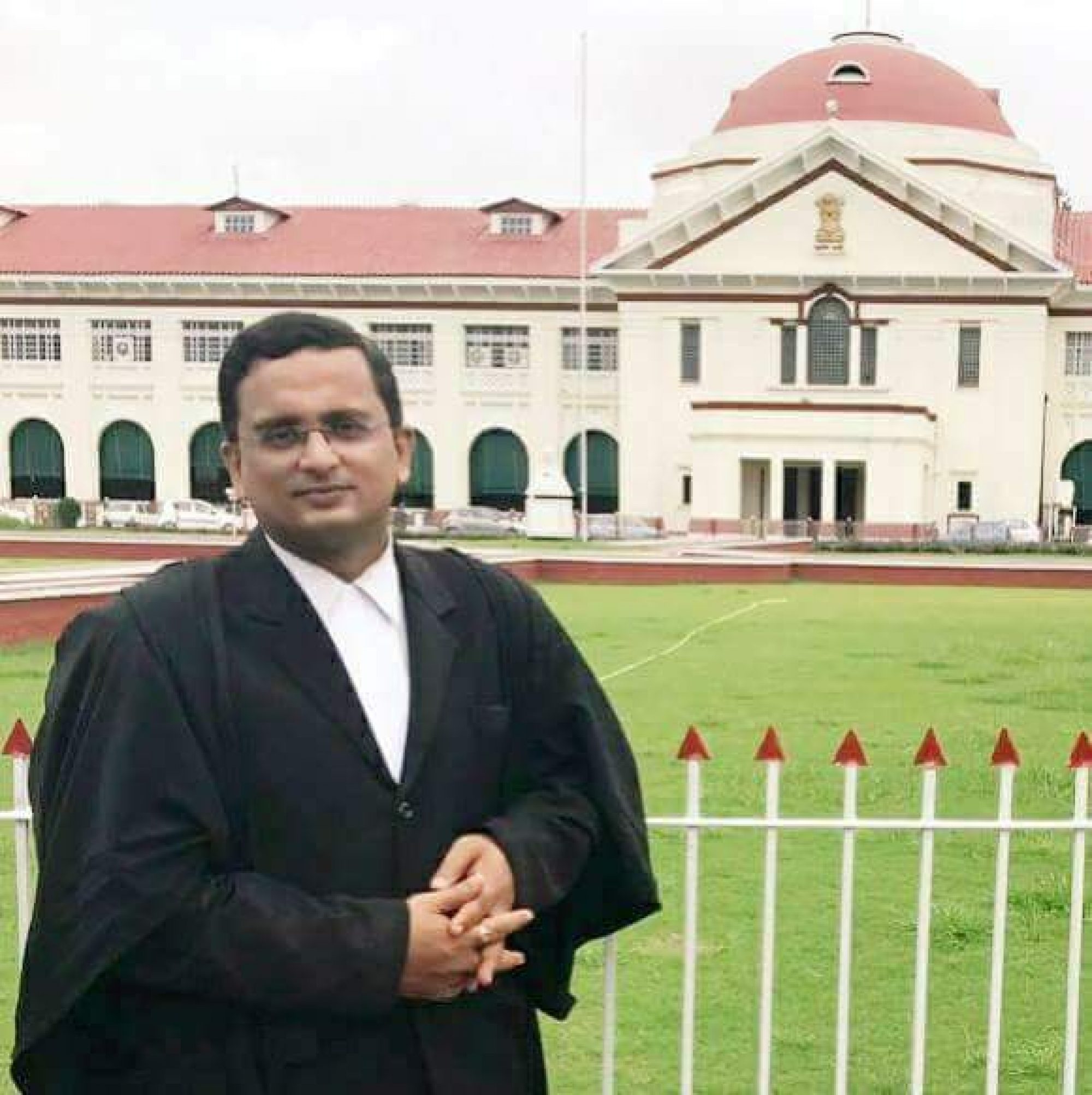
Reporting By: Amit Kashyap.
In an accidental death claim case, the Hon’ble Allahabad High Court bench at Lucknow of Justice Subhash Chandra Sharma in National Insurance Company Ltd. Vs. Kewal Krishna Arora And Others, First Appeal No. – 3492 of 2009 recently refused to absolve the insurance company from its liability to indemnify the deceased’s dependents only because the driver of the vehicle which had caused the death of the victim was holding a fake license at the time of the accident.
The bench was primarily deciding whether the Motor Accident Claim Tribunal (MACT) was wrong in holding that the insurer was liable to pay compensation, where the driver of the truck that had dashed the deceased’s motorcycle from behind, possessed a fake license.
The insurance company had challenged MACT’s decision before the High Court alleging that it was on record that the accident had taken place due to rash and negligent driving of the driver of the truck and at the time of the accident, the said driver had no valid driving license.
The company had argued that in light of these facts, the claim Tribunal had erred in fastening the liability of the payment of compensation to the insurance company as the same should be payable by the owner of the truck in light of the conditions under Section 149(2)(a) of the MV Act.
Section 149(2)(a)(ii) of the MV Act provides that in case the vehicle at the time of the accident is driven by a person who is not duly licensed, the insurer is not liable for the compensation.
However, the High Court declined to agree with the insurance company noting that in the instant case, the matter did not revolve around the validity of the truck driver’s driving license, it was a situation where the driver allegedly possessed only a fake driving license.
The Court also noted that though in its own inquiry the insurance company had found the license of the offending vehicle (the truck) was fake, it had neither proved before the MACT that the truck owner had not taken adequate care and caution to verify the genuineness of the driving license of the driver at the time of his employment nor that the owner was aware that the licence was fake or invalid and had still permitted the driver to drive the offending vehicle.
The Court further stressed that the truck owner had already contended that in this case, the driver of the vehicle held a driving license at the time of the accident which was issued by the Transport Authority, Muzaffarpur but during an investigation by the insurance company, it was found to be fake, which was not in his knowledge.
Accordingly, the Court held, “In such circumstances, it cannot be said that the insured/owner is at fault in having employed a person whose licence has been found to be fake by the insurance company before the learned tribunal.”
In view of the same, the Court dismissed the insurance company’s appeal against the MACT’s order finding no cause to disturb the findings recorded by the Tribunal.
The Court held that only the insurance company was liable to indemnify the dependents of the accident victim.
Essentially, the Additional District Judge/Special Judge (SC/ST)/M.A.C.T., Ghaziabad passed an order on an application filed under Sections 166 & 140 of the Motor Vehicles Act, whereby the Tribunal directed the insurance company to pay a sum of rupees Rs. 12,70,406 along with 6 % interest to the dependents of the deceased.
Important Citations:
~United India Insurance Company Limited vs. Lehru and others (2003) 3 SCC 338.
~National Insurance Company Limited vs. Swaran Singh and others (2004) 3 SCC 297.
~National Insurance Company Limited vs. Laxmi Narain Dhut 2007 (3) SCC 700.
~Pepsu Road Transport Corporation vs. National Insurance Company (2013) 10 SCC 217.
~ Ram Chandra Singh vs. Rajaram & others,
A.I.R. 2018 SC 3789.
~Pepsu Road Transport Corporation (supra) & Premkumari vs. Prahlad Deo (2008) 3 SCC 193.
~Nirmala Kothari vs. United India Insurance Company Ltd. 2020 (4) SCC 49.
Counsel for Appellant :- Anand Kumar Sinha
Counsel for Respondent :- Anurag Sharma, Anurag Singh, Anurag Sinha, Km.Pratima Srivastava, S.Shekhar & Sharve Singh.
***********







